People Who Can Fall Asleep At The Drop Of A Hat Usually Do These 7 Things On A Regular Basis
Some people can knock out almost instantly.
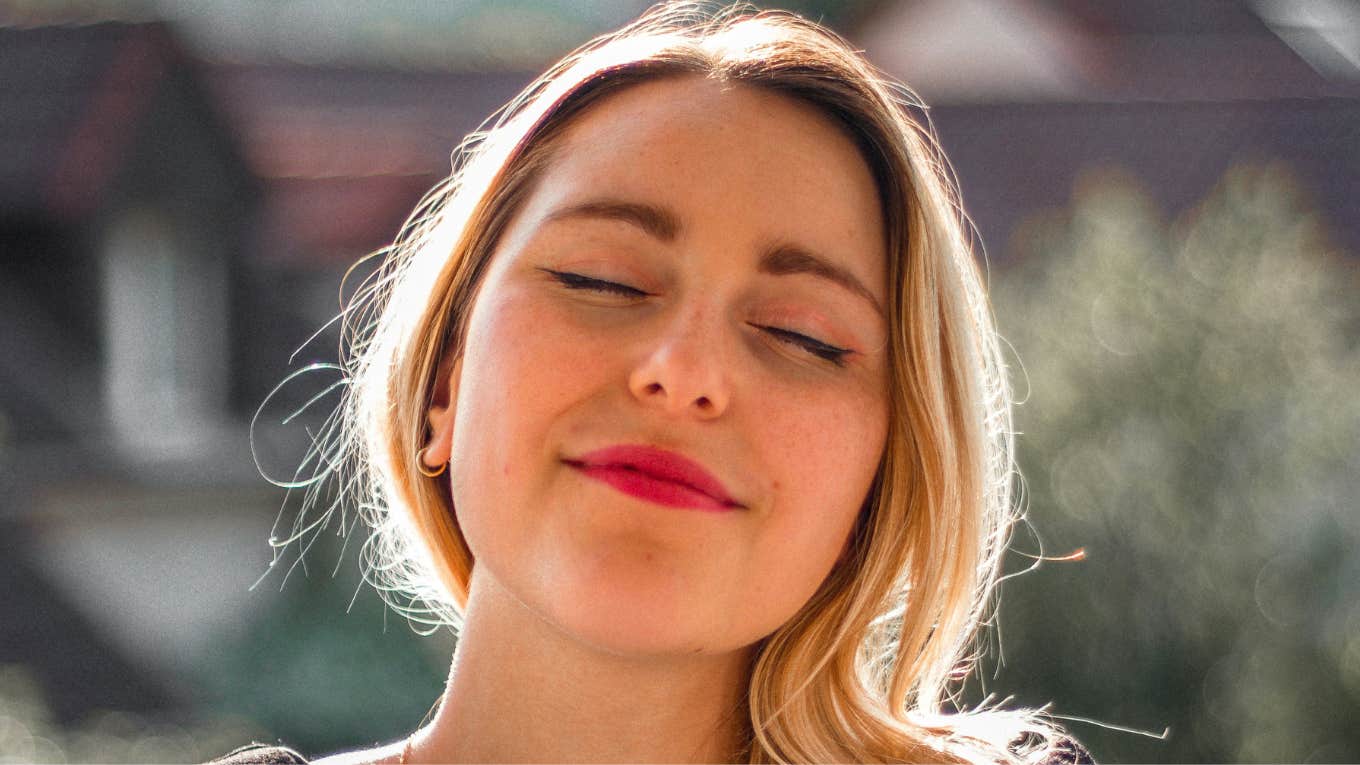 Valentin Lacoste | Unsplash
Valentin Lacoste | Unsplash People who can fall asleep at the drop of a hat have nurtured specific habits that prepare their bodies and minds for rest pretty much on demand. They've seemingly cracked a 'zzz' code that the rest of us who toss and turn all night still struggle with.
An ideal night’s sleep is different for everybody, but the one thing we can all agree on is that good sleep habits are essential to good health. It’s the quality of the sleep that matters most, and waking up refreshed and recharged for the new day is not something to take for granted, especially as we age.
We all know that getting restful sleep reduces stress, helps us maintain proper body weight, keeps our brains sharp, and supports our immune system. There are simple things we can do that will have a cumulative effect over time, resulting in deep, regenerative sleep night after night.
People who can fall asleep at the drop of a hat usually do these 7 things on a regular basis:
1. They clear their minds
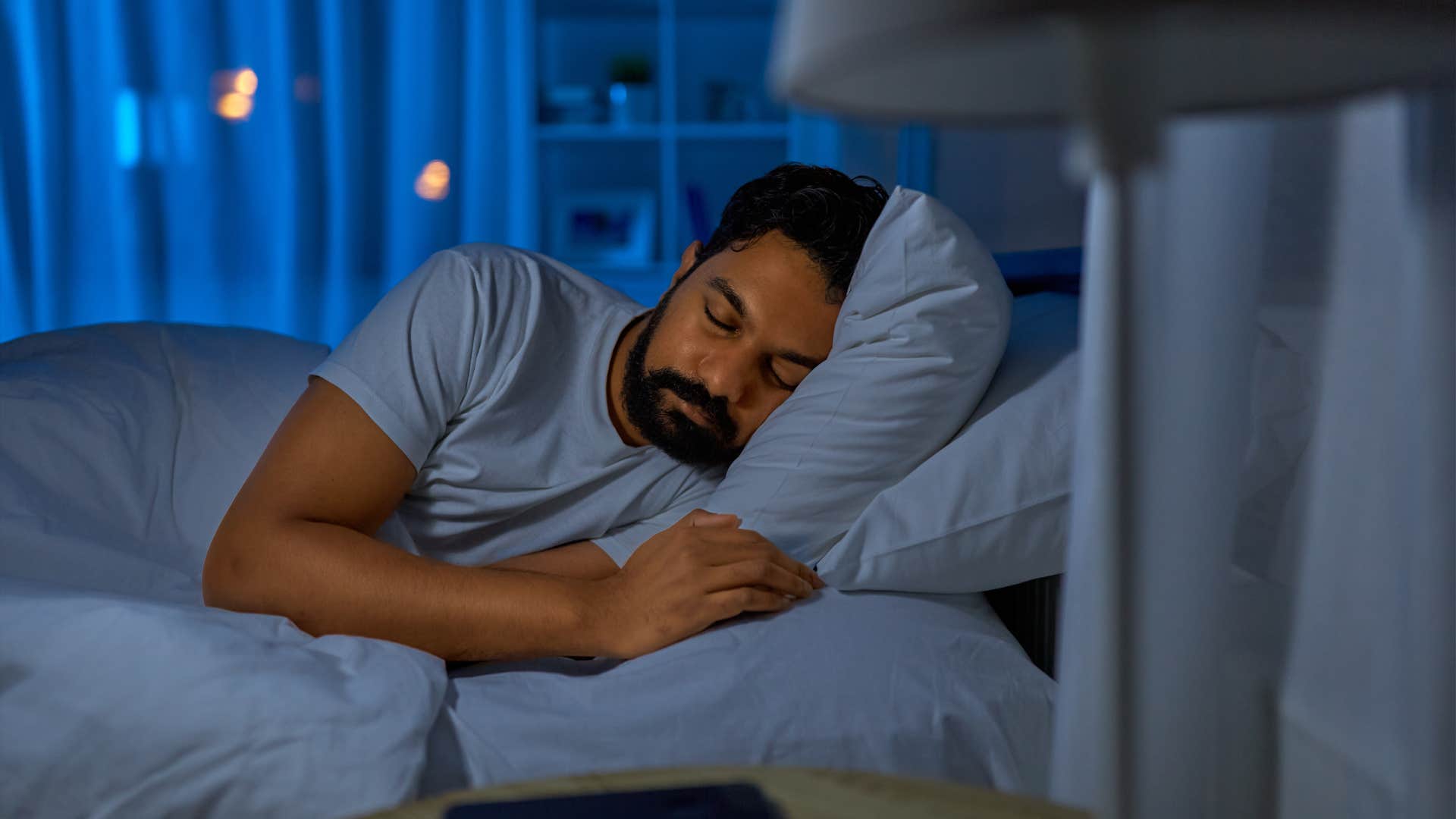 Ground Picture / Shutterstock
Ground Picture / Shutterstock
Having quiet time, meditating, praying, or focusing on gratitude right before sleep is invaluable. Take slow, deep breaths to get yourself into this relaxed state. Follow your breath gently as you breathe in and out, and this will calm the body, mind, and your whole self, setting you up for deep, relaxing slumber.
If thoughts try to creep in, just let them go and focus right back on your breathing. If you can do this for at least 5-10 minutes, you will feel so much more relaxed and ready for sleep.
Studies confirm that mindfulness techniques reduce negative rumination and the stress it causes. By observing thoughts without judgment and then letting them go, you disrupt the anxiety-producing thought spirals that keep you awake.
2. They eat and drink wisely
 Josep Suria / Shutterstock
Josep Suria / Shutterstock
Pay attention to what you eat before bedtime and allow three hours after dinner before sleep. Eating too much or too late interferes with sleeping because your body is devoting its energy to digestion.
What you choose to eat as your final meal makes a big difference, too. Eating whole, natural foods will help tremendously compared to heavy, rich, and processed foods.
Reduce starchy carbs and sugar in the evenings, which can crank up your brain, making it hard to shut down and relax. Having too much alcohol has the opposite effect you might think, as well, so ideally drink no more than one or two adult beverages.
Finally, one of the most important guidelines is when to impose a caffeine curfew. This depends on the person, but a good rule of thumb is no caffeine after noon. Finally, if you find yourself too hungry at bedtime to fall asleep, think of something natural and easy to digest, like an apple with possibly a little almond butter on the side.
And the notion of milk before bed is generally not a good one. Liquid dairy is notorious for causing inflammation in the nasal passages that can impede breathing and intensify snoring.
3. They avoid screens
 Drazen Zigic / Shutterstock
Drazen Zigic / Shutterstock
Choose wisely when to watch TV, especially what you watch just before bed. It matters what you take with you in your subconscious mind to the types of dream experiences you will have. With so many options available these days, watching movies/shows that have too much conflict, violence, or suspense at the end of the night can build up too much adrenaline.
The body will have a challenging time detoxing from the tension to shift in time for peaceful slumber. Save this type of content for earlier in the evening or maybe over the weekend during the day.
The better choice for the last content you consume is something with redeeming value, which is positive in nature and makes you feel good about life and living. The same concept applies to reading material.
4. They easily shift into rest mode
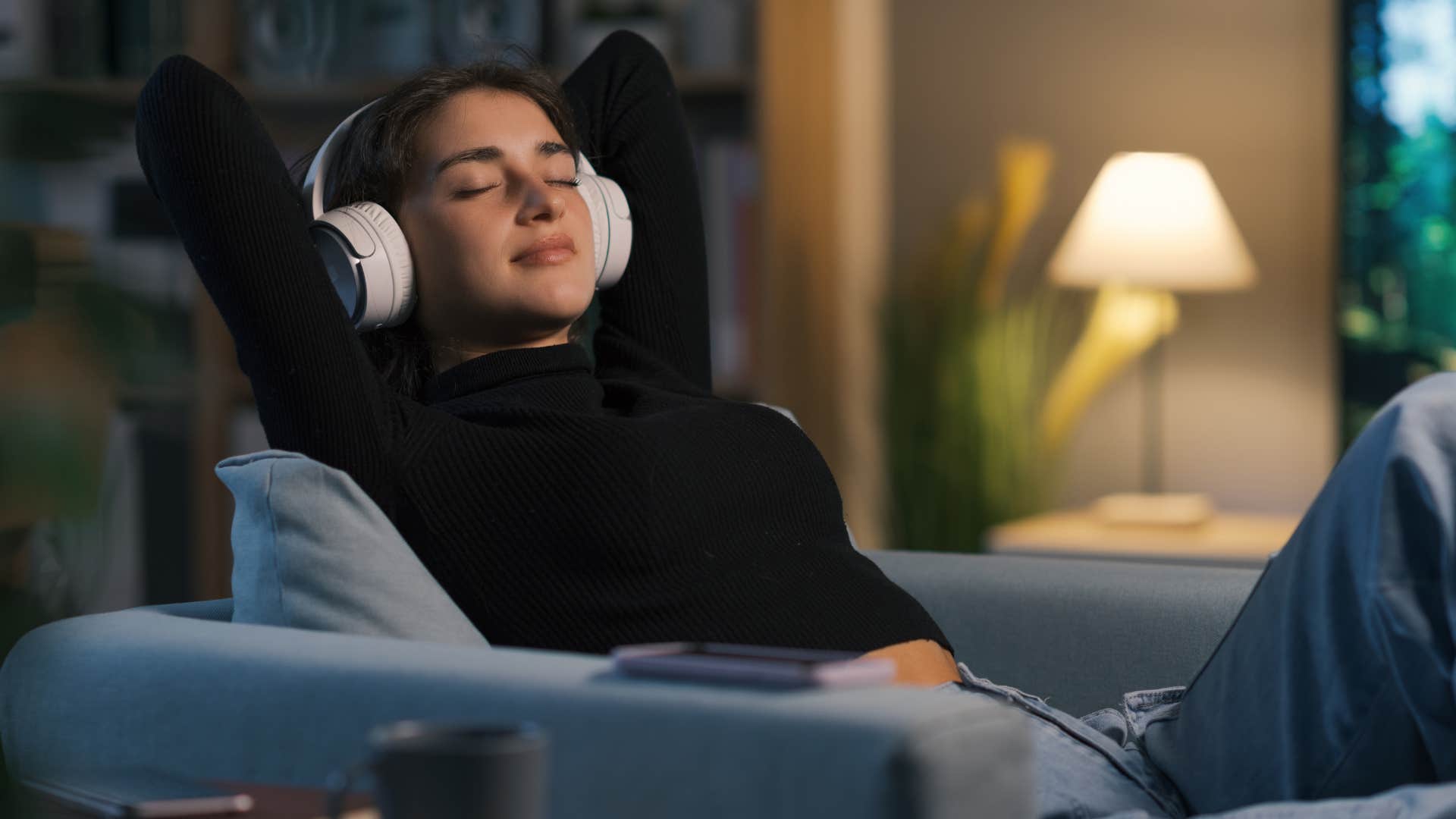 Stokkete / pexels
Stokkete / pexels
Engage in vigorous activity, and exercise or work out as early in the day as possible. For obvious reasons, pushing these to later in the day or evening makes it more difficult for the body to shift gears. If the evening time is the only time available, you have to exercise, then better than not doing it at all, but the earlier the better, so you can get into a relaxed state in time for bed.
Research suggests, however, that late-day activity does not necessarily disrupt sleep and can even be beneficial, provided it is not high-intensity and performed too close to bedtime. The focused, mindful nature of exercise can provide a mental separation between your daily tasks and your rest, helping you transition to a calm state.
5. They know their 'cool zone'
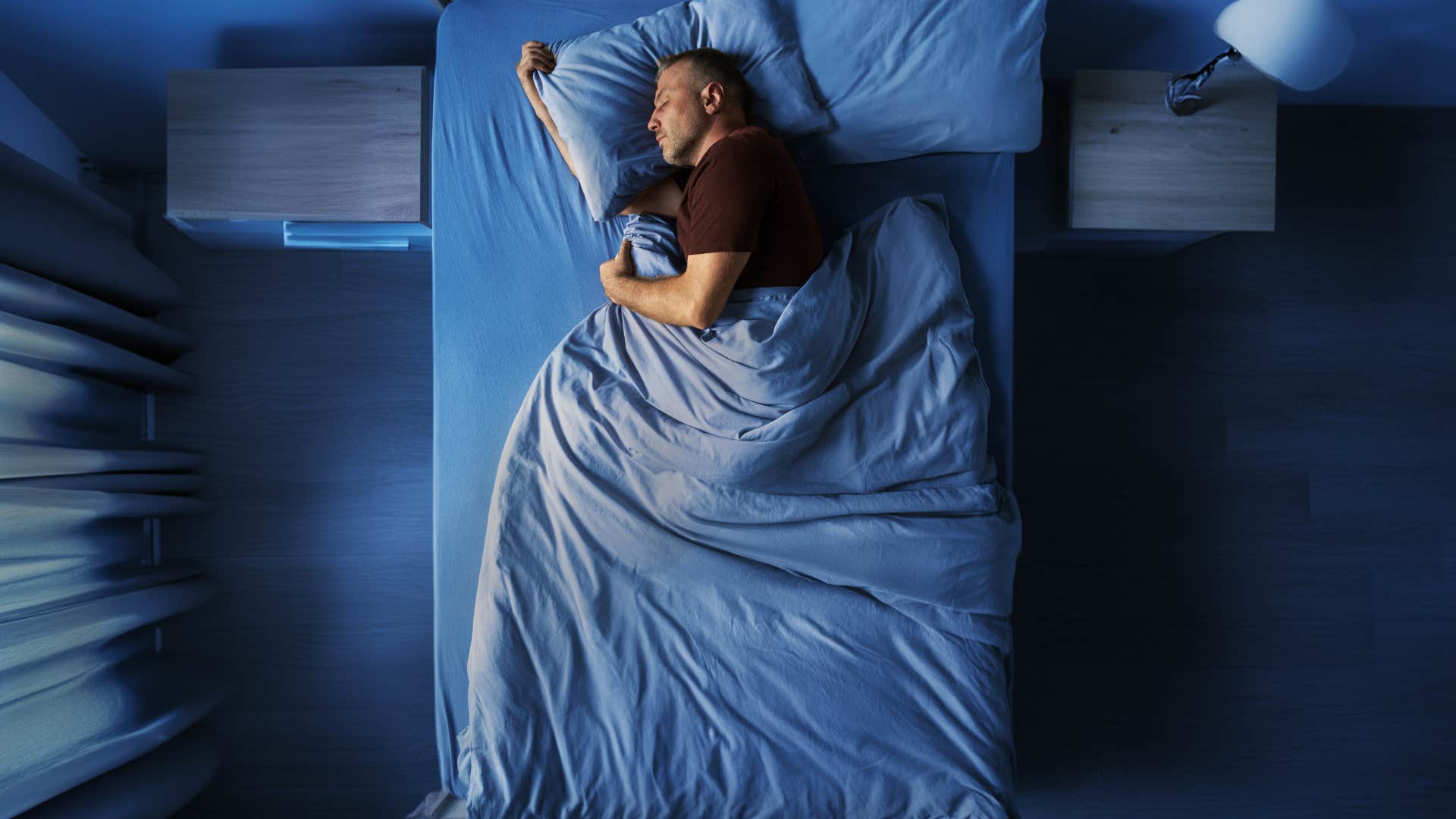 fast-stock / Shutterstock
fast-stock / Shutterstock
Sleep at the right temperature for you by regulating the temperature in your bedroom and your bed for optimal comfort. Trying to fall asleep either too hot or too cold won’t help your cause, nor will having to get up in the middle of the night to adjust the heat or air-conditioning.
Set yourself up for success before you get into bed so that you are comfortable for the entire night, and layer your covers so you have them at hand to add or remove if necessary.
6. They welcome the dark
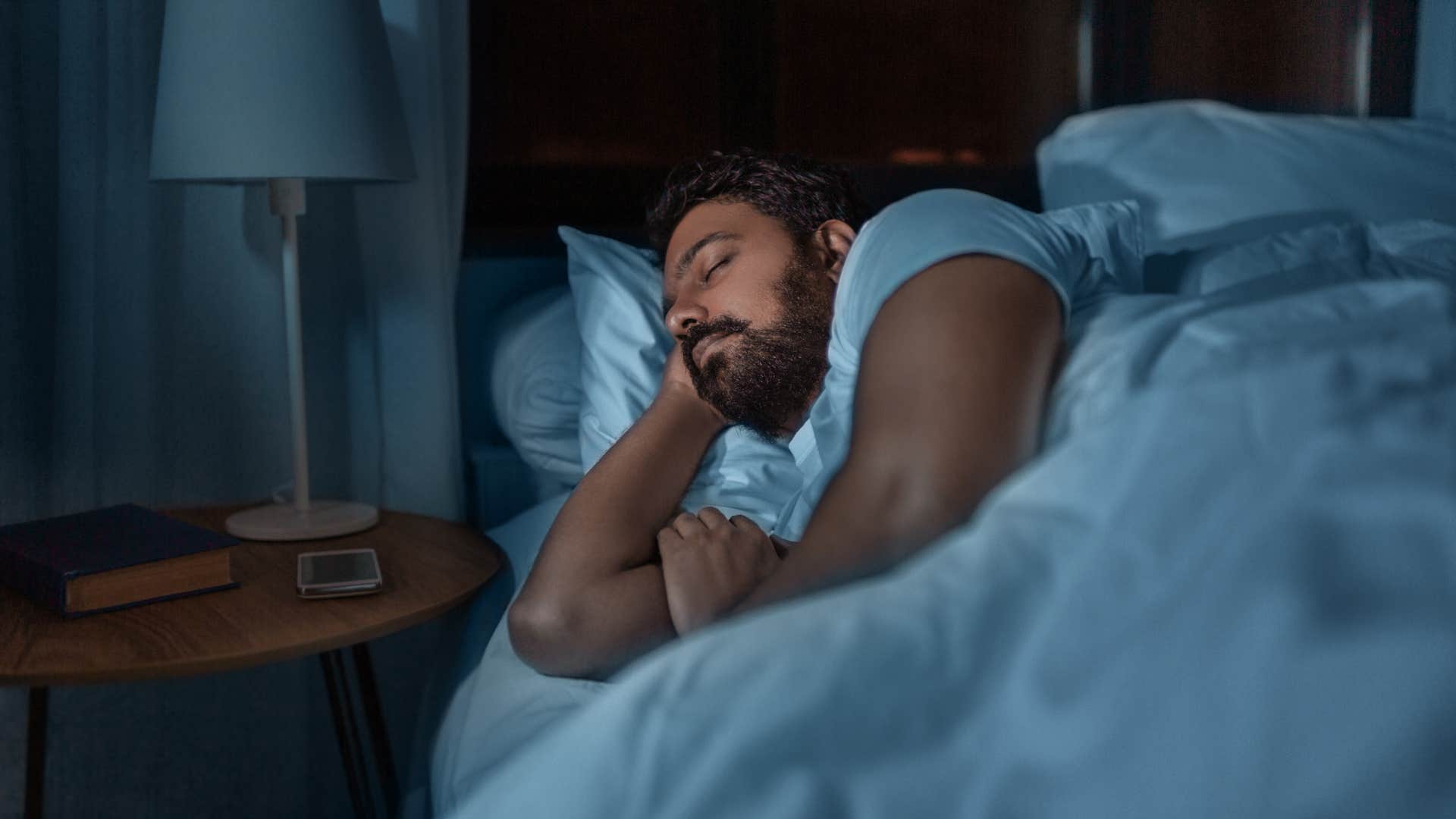 Ground Picture / Shutterstock
Ground Picture / Shutterstock
Some people are more sensitive to light than others, but in general, having a dark room is a cue to your internal biorhythms that it’s time for sleep and will help you stay asleep longer. And that means staying off your devices emitting artificial light as well.
Exposure to light at the wrong times of day suppresses this process. This includes not just daylight, but also streetlights, screens, and even dim night lights. Research indicates that sleeping in a completely dark room promotes longer, deeper, and more restorative sleep by helping you complete all sleep cycles without interruption.
7. They leave their phones on silent
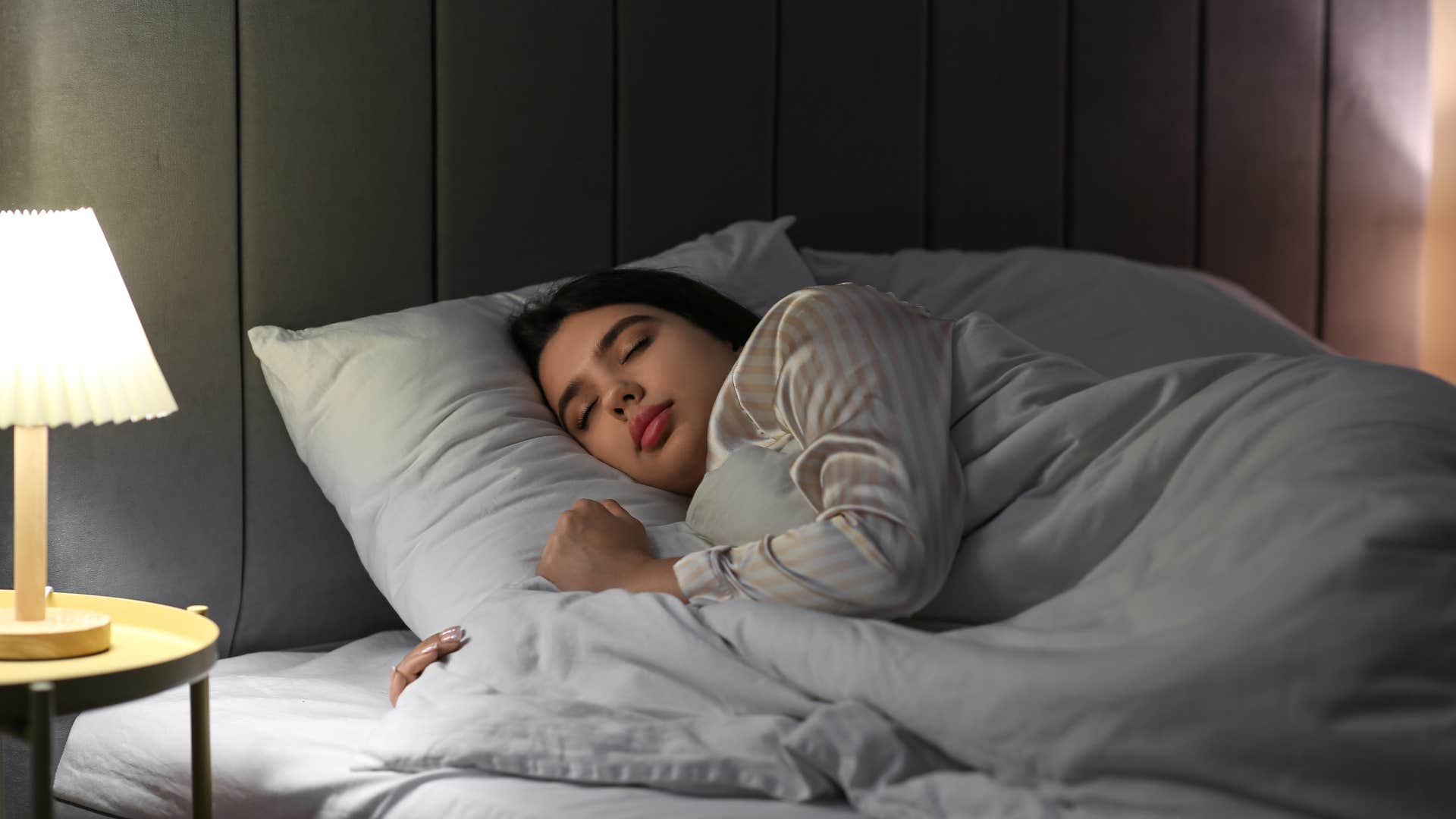 Pixel-Shot / Shutterstock
Pixel-Shot / Shutterstock
Awakening to something that can wait until morning can derail your efforts. It can trigger the brain prematurely that it’s time to get up and making it difficult and sometimes impossible to fall back asleep. Also, keeping the phone too easy to reach makes it more tempting to pick up, and that can have you scrolling when you should be sleeping.
Following these guidelines will get you and keep you in dreamland longer. When you get better sleep, you are increasing your overall health and wellness exponentially. Waking up feeling rested and refreshed, you’ll have the energy, clear mind, and confidence to welcome the new day in the most invigorated way possible.
Becky Smith is a Certified Health Coach and Wellness Expert with a background in Menu Development/Food & Beverage procurement in the restaurant industry.

